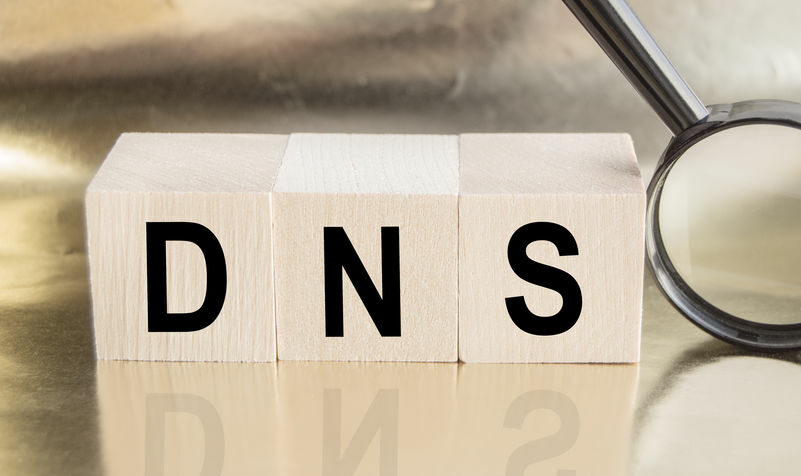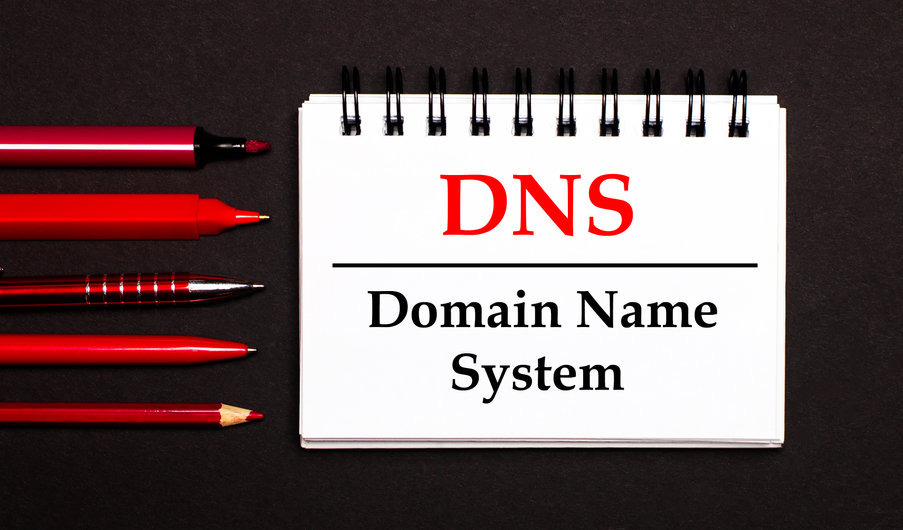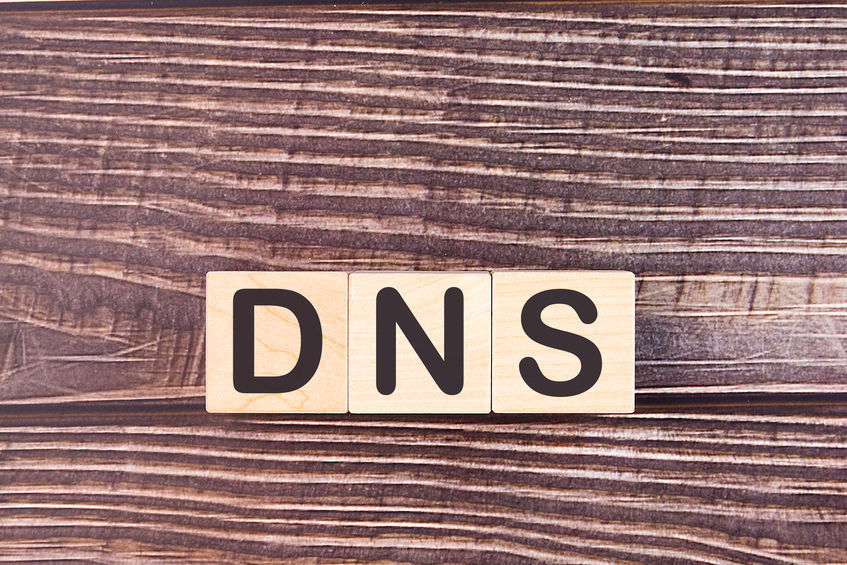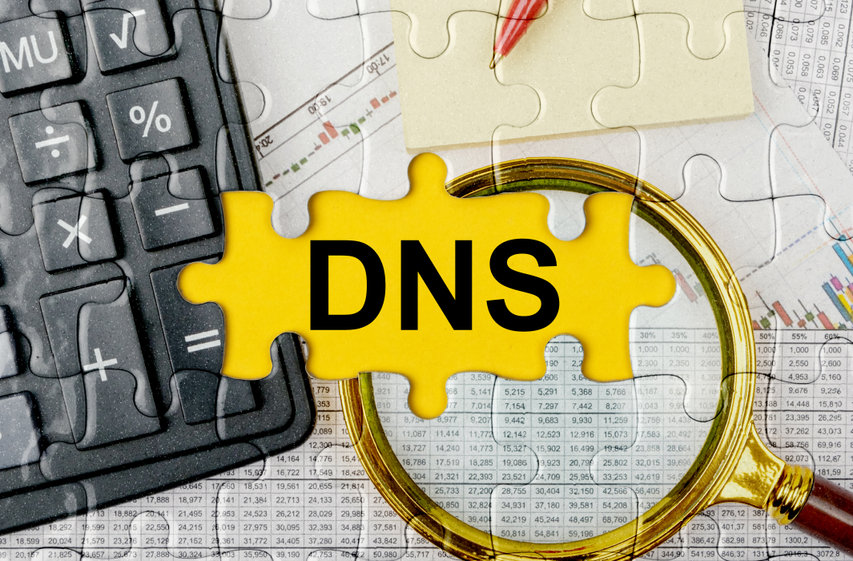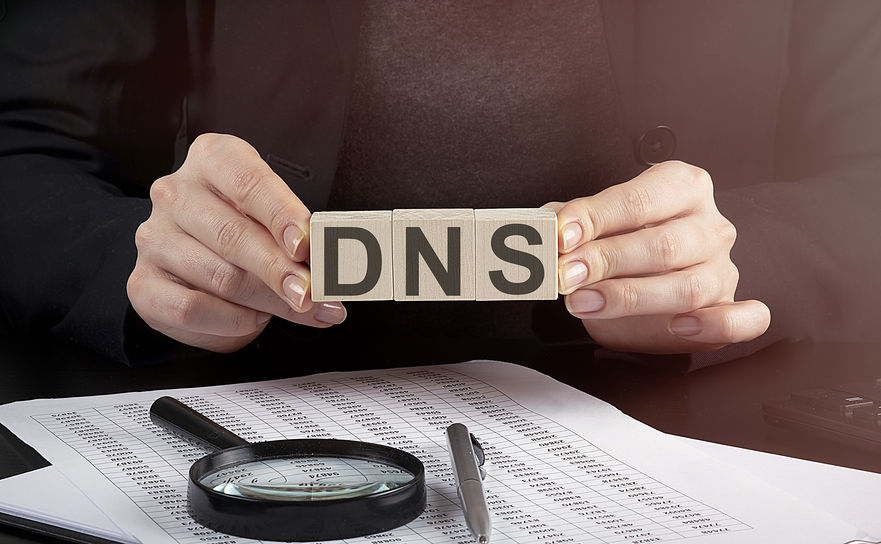In the sea of DNS records, there are a few that you really must learn. The PTR record is one of them. If you want to know why it is so important, you came to the right place.
What is a PTR record?
PTR record is a type of DNS record, also known as pointer record, that serves the purpose of linking an IP address to a domain name. It is a prove, that this exact IP address that somebody is checking really is related to the domain name, and it is not a scam. The PTR record has the purpose of verifying different elements or services, like a mail server.
What’s inside a PTR record?
Read More “What is a PTR record, and do I need to create one?” »


